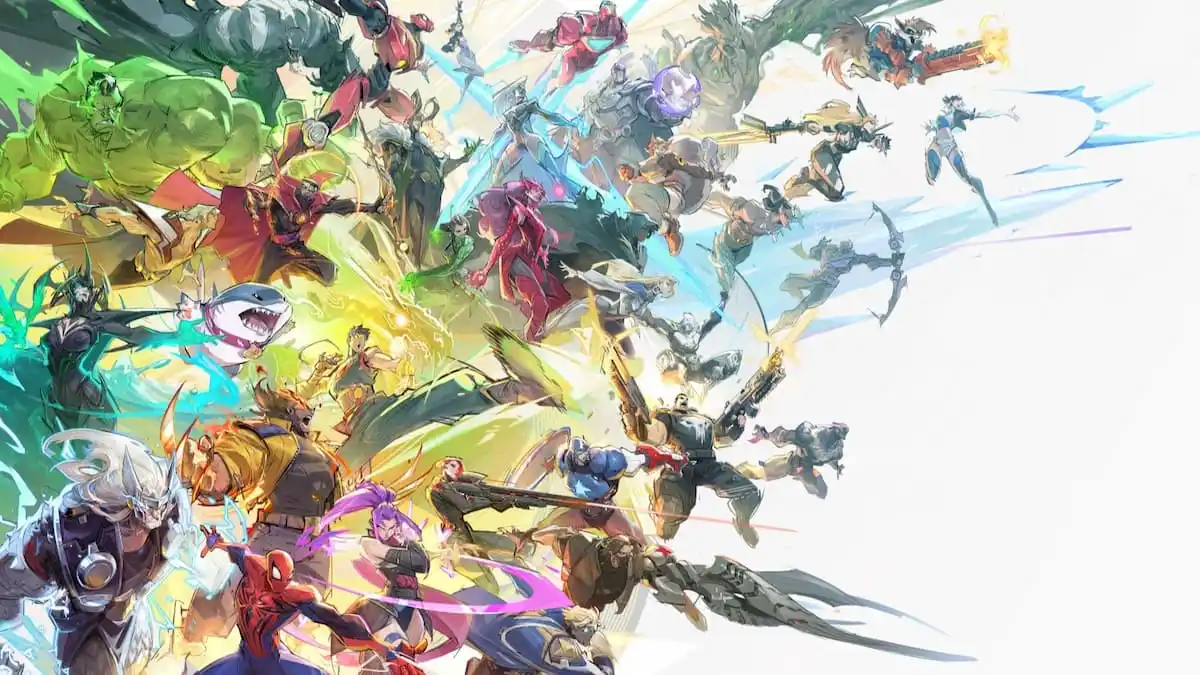As a MOBA, League of Legends is heavily reliant on pinning your opponents down, hindering them with either slows, stuns, or other debuffs to stop them from running rampant. To calculate any given player’s efficiency in controlling the opposing side, Riot Games implemented the infamous Crowd Control Score.
However, not everyone understands precisely what it is nor how it’s calculated, so here’s everything you need to know about Crowd Control Score (CCS) in LoL.
Crowd Control Score in League of Legends, explained
Crowd Control Score is a basic measurement which aims to illustrate how well a player performed in the crowd control department. Crowd Control, better known as CC, is any type of slow, stun, or similar debuff that negatively impacts the enemy, pinning them down or preventing them from utilizing their attacks and abilities. Riot Games created CCS as a baseline reference point in the client that shows how well, or poorly, someone used their CC spells against the enemy.
According to the League wiki, CCS is taken by the client to mean the number of seconds of CC you put on the enemy. For example, rooting a champion for three seconds with Morgana would net you a whopping three Crowd Control Score. However, not every CC effect is treated the same, with root, stun, sleep, silence, airborne, suppression, berserk, charm, flee, taunt and polymorph taking precedence over others. These are the only effects that are treated with one point per second, while others add less to your overall CCS. Blind, disarm, ground, and nearsight only give 0.5 points per second, whereas cripple, drowsy, and slow give a miniscule 0.166 points per second. This means that 10 second of slows would only net you some 1.6 points, as opposed to ten points you’d get for stunning enemies for the same duration.
CCS does not have any intrinsic impact on gameplay, but is simply an illustration of your CC’s efficiency and effectiveness during a game, with some champions heavily reliant on strong CC, such as Leona and Morgana, able to net themselves 100 or more CCS per match without much of a hitch. On the other hand, those who possess few strong CC abilities will see their CCS much lower, which doesn’t necessarily mean they performed worse in the game (Teemo could slow enemies for several minutes per match with shrooms and blind them a ton, but still be given a low CCS).
How to improve your CC Score
If you really wish to get as much CCS as possible, you should focus on playing the champions that do it best and using their CC effectively, particularly during high-action moments like team fights, aiming to impact as many champions at once as possible. Take Nocturne, for example. A single usage of his Ultimate, Paranoia, nets him 15 CCS, 0.5 points for the 30 seconds of nearsight he imposes on the entire enemy team. With a 90 second cooldown, Nocturne could easily pile up the CCS, though it wouldn’t really be indicative of his actual crowd control performance.
Those like Alistar and Amumu, on the other hand, possess both strong and weak CC. Amumu primarily focuses on stunning enemies with his bandages and Ultimate, whereas Alistar loves knocking them up and around the map. Both of these champions have low cooldowns on their CC and can be quite crucial in matches, which would net them a ton of CCS that would directly indicate how well they performed in the game. Improving your CCS is as easy as using your CC as much as possible, which you should do anyway regardless of any metric, as the importance of CC in ranked matches is incredible, able to determine the outcome of an entire game.
Does CC Score affect MMR?
Crowd Control Score is, as explained above, simply a metric—a gauge of your crowd control output during a particular match. It does not have an impact on MMR, at least not that we know of. Riot Games could have very well implemented a hidden MMR calculation that takes these metrics into account, but even if they did I guess CCS wouldn’t rank too high compared to other performance metrics. Your KDA (kill-death ratio) and other metrics, such as your Vision Score, among others, are much more valuable and indicative of your performance, with CCS being very specific to certain roles and champions, such as Supports, and CC-heavy characters like the ones we named above.
Read the full article here



























Discussion about this post